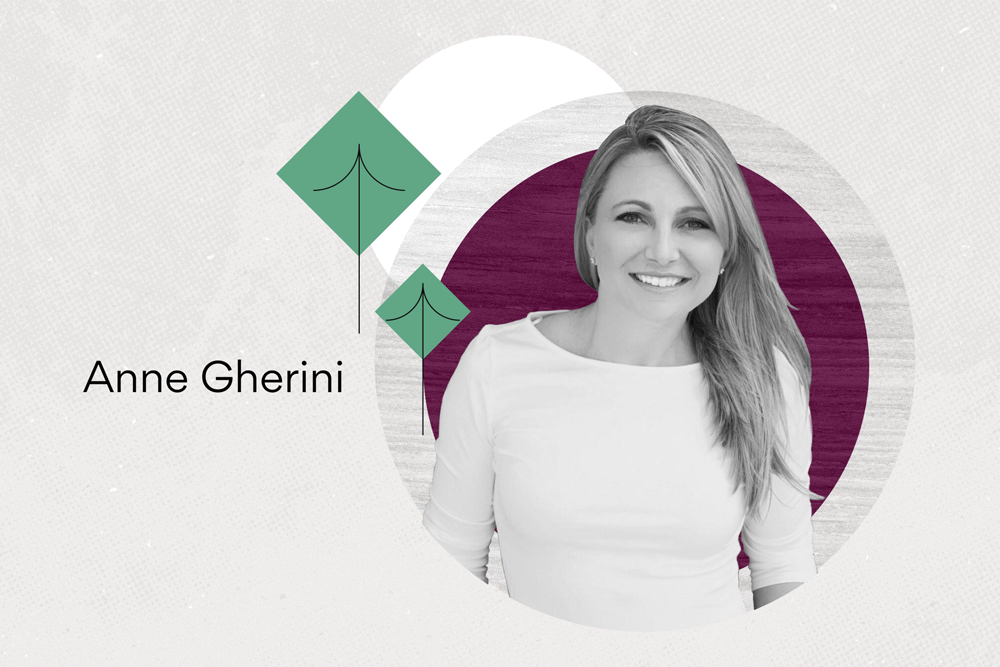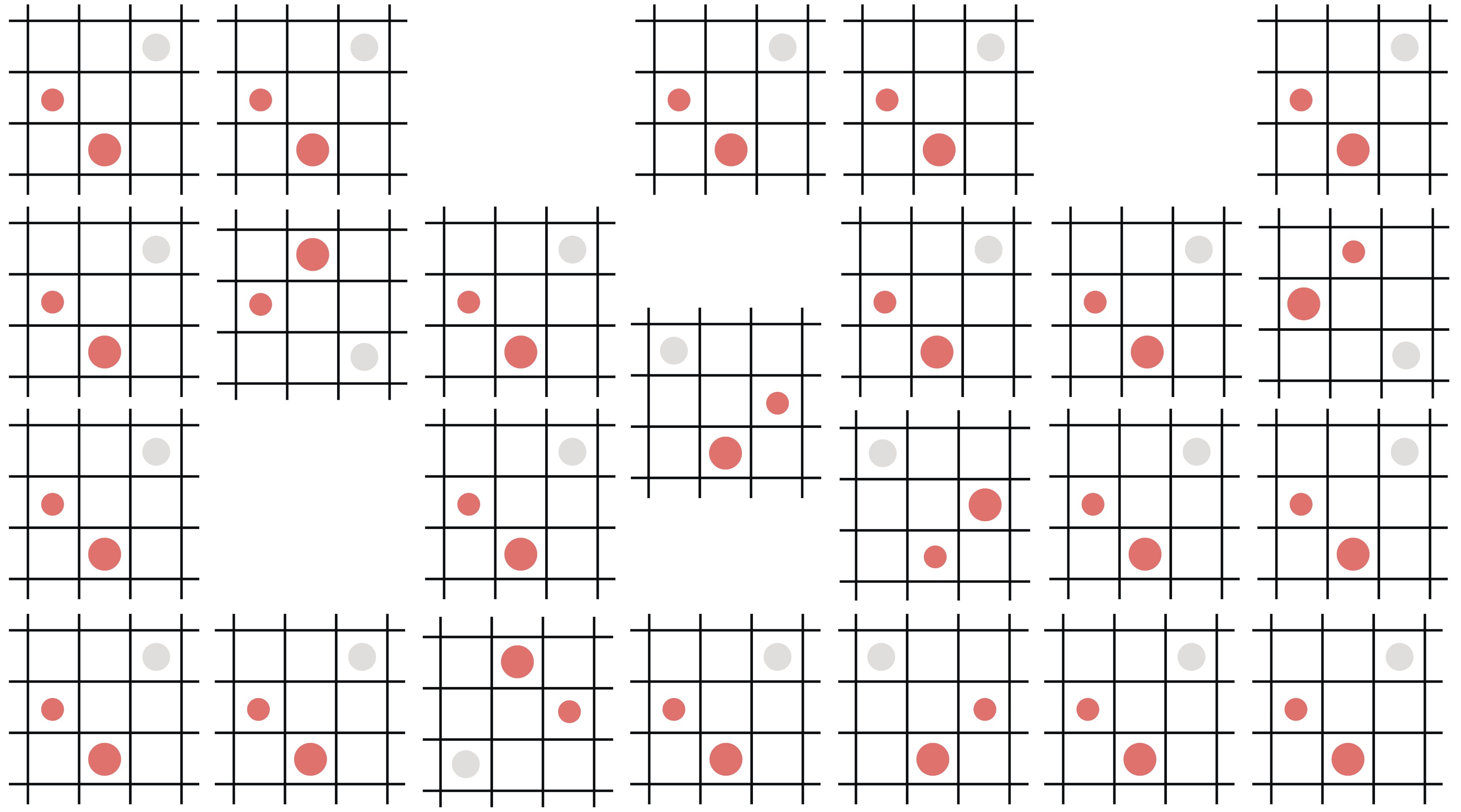The unique reason Gen Z workers are made for this urgent moment
When you’re about as old as the iPhone, you’re going to have a unique relationship with technology. Generation Z has just that. They know that this intuitive understanding of the most powerful digital tools is an incredible force for good.
Gen Z—the moniker for the group of people born between 1997 and the early 2010s—understands the creator economy innately, how to start businesses on a smartphone, and how to scale those early successes. And they are only getting started.

I work with startups to catalyze opportunities for their businesses, and I see massive potential in the entrepreneurial spirit and life experience of members of Gen Z. And while there’s a unique reason that historians could look at Gen Z as being greater entrepreneurs than any generation before them, there are unique challenges, too.
I recently partnered with Asana to analyze how different generations are driven to succeed and, conversely, how they can struggle at work. The result, “Anatomy of Work Special Report: What Gen Z needs from leaders right now,” is full of never-before-released statistics on how managers can set up this newest generation entering the workforce to thrive.

What young leaders really need

Embracing the new age of agility

Fresh strategies for evolving teams
What Gen Z is looking for in an employer
Since so many members of Gen Z are naturally entrepreneurial, they have in the back of their mind that one day they’re going to start a business. They may be working in sales now, but they see a world where they could be the CEO in five years. This ambition has always been around, but the technology and tools—smartphones, laptops, online education, and TikTok influencers who offer productivity hacks—are easier to access than ever before.
Primarily brought on by the COVID-19 pandemic and its ripple effects, members of Gen Z have realized that they can push the boundaries of what it means to “work” even further. It’s a generational shift that will drive Gen Z employees to move their workplaces forward and propel them to start their businesses.
However, when you have that entrepreneurial spirit and have always been tinkering, building, and looking for ways to be more efficient, it can be difficult during those first few years on the job—before you’re the boss—to not suffer from burnout. After working on your own projects for most of your life, that burnout can come when your boss suddenly gives you some very remedial tasks that have to be done.
“You don’t have to rejigger the entire organization just for one generation, but understanding what their needs and experiences are will help the organization.”
Gen Z faces the greatest risk of burnout compared to previous generations. According to Asana’s 2022 Anatomy of Work Index, 84% of Gen Z experienced burnout in the last year compared to 63% of all workers. The Gen Z respondents also said they were not able to switch off from work at a disproportionately higher rate than previous generations. In fact, 40% of Gen Z respondents said they believed burnout was an inevitable part of success.
Another factor facing members of Gen Z (and the millennial generation) is imposter syndrome. In our new report on Gen Z workers, 78% of Gen Z say they’ve experienced imposter syndrome in the last year compared to the average of 49%. Imposter syndrome is something business leaders must move quickly to address to ensure their employees thrive in a hybrid environment.
How to increase Gen Z impact and engagement
Employers need to find creative outlets for Gen Z employees in addition to the entry-level tasks all young professionals need to do. In the past, I’ve done hackathons a couple times a year to give young professionals autonomy and creative license. On the other end of the spectrum, I’m also a big fan of OKRs—the objectives and key results that need to be hit each quarter. OKRs help all employees, but especially younger ones, connect their own goals and progress to large company objectives, allowing them to draw a clear line between their work and the progress of the company.
“People need to start building processes for the new world that we’re living in. I think it’s a huge positive.”
According to our special report on Gen Z workers, only 55% of Gen Z sees how their work contributes to larger goals—compared to the average of 70%—and only 69% see value in their work—compared to the average of 77%. There’s an opportunity for managers of Gen Z workers to more clearly communicate and manage the success of their youngest employees.
I also think managers of young teams should take a more substantial role in helping Gen Z manage their notifications and technology. To codify that culture, turning off notifications or setting the frequency should be part of the onboarding process. And as a manager yourself, be sure to practice what you preach so that everyone on your team can look to you as a positive example.
Why Gen Z should change your business
When you look at Gen Z, most of their time in the workforce has been during the COVID-19 pandemic—a period that threw everything we knew about work on its head. As disruptive as it has been on so many levels, there is also a huge opportunity to listen to Gen Z and start rebuilding a work culture that is more resilient, agile, and modern.
Gen Z will have this new world to shape for themselves—and the rest of us.
Get the “Anatomy of Work Special Report: What Gen Z needs from leaders right now.”
—
Anne Gherini is a marketing and partnerships executive, writer, and public speaker with deep knowledge of how to motivate and mentor Millennials and Gen Z. Gherini spent the first part of her career in the entertainment industry negotiating partnerships at Paramount Pictures and Sony PlayStation and then ran the marketing and partnerships at several venture-backed startups. Gherini now works in venture capital.

